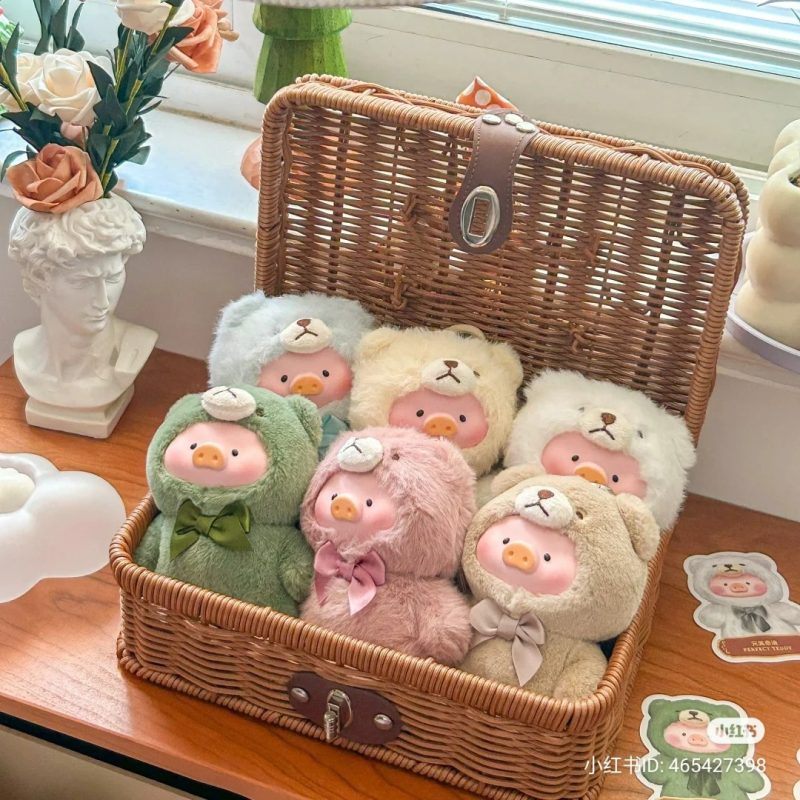Planning your dream wedding in 2025? With Pantone’s Mocha Mousse leading the way in earthy, romantic tones, it’s time to create a celebration that reflects your love story without blowing your budget.
Follow these 8 savvy ways to save money while planning a stunning wedding in Singapore.
#1: ESTABLISH A BUDGET
Before diving into Pinterest boards or venue tours, take the time to establish a clear wedding budget. This should include all potential sponsors: whether it’s just you and your partner or family members contributing financially. Setting a budget is crucial and helps you avoid booking any vendors prematurely. Moreover, a well-thought-out budget ensures that you and your future spouse won’t start your married life burdened by debt.
When my husband and I got married, we initially had a budget in mind, but it ended up doubling due to unforeseen expenses. For instance, we had to accommodate added guests, which increased costs for food, seating, and even invitations. Remember, it’s always better to have a buffer for unexpected expenses.
#2: CUT DOWN THE GUEST LIST
The guest count determines costs for everything from catering to table decor. Keeping it small and intimate is not only trendy but also budget-friendly.
Consider this: A dinner reception in Singapore typically costs S$100 to S$200 per person. Reducing your guest list from 100 to 50 can significantly lighten your financial load while making the event feel more personal.
#3: PRIORITIZE WHAT MATTERS
Your guests will remember the food, drinks, and overall experience, so channel your resources into these aspects. Opt for creative yet cost-efficient catering like live food stations or dessert tables instead of multi-course meals.
#4: SUPPORT LOCAL VENDORS
Working with local florists, caterers, and photographers saves on transportation fees and helps you avoid imported price hikes. Explore bridal fairs in Singapore, ask friends for recommendations, or check online reviews for reliable vendors.
One bride shared: “Our local florist near Toa Payoh saved us a bundle with seasonal arrangements that looked gorgeous and fresh.”

Image Credits: unsplash.com
#5: PLAN EARLY
Planning early not only gives you peace of mind but also helps you lock in rates before prices increase. Book your venue, caterers, and key vendors at least a year in advance to take advantage of early-bird deals. With proper planning, you’ll reduce stress and enjoy the process more.
#6: DIY WHENEVER POSSIBLE
Add personality into your wedding by doing it yourself! Borrow decor from friends or use free design tools for invites. Websites like Canva offer chic templates, perfect for creating personalized wedding stationery on a budget.
#7: ENLIST THE HELP OF TALENTED FRIENDS
Your network can be your secret weapon. Have a musically inclined friend perform during the ceremony or ask an artistic one to create custom signage.
In our current wedding scene, brides are increasingly opting for friends to serve as emcees, saving costs on professional services while keeping the vibe warm and familiar.
#8: REIMAGINE TRADITIONS
Not a fan of spending hundreds on a tiered cake which can cost up to S$1,000? Swap it out for a chic dessert bar featuring macarons, cupcakes, or even a kueh platter that adds a uniquely Singaporean touch!

Image Credits: unsplash.com
Your 2025 wedding doesn’t have to drain your savings as the next marital step is more important. By setting priorities, supporting local businesses, and getting creative, you can craft a day that’s uniquely yours while keeping your wallet happy!



















